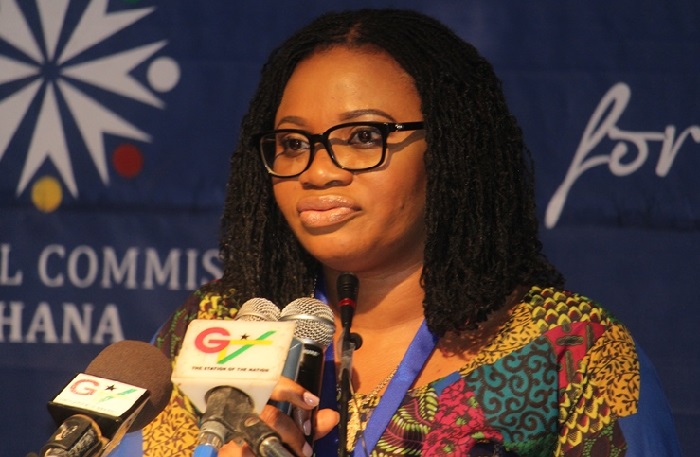
Supreme Court to hear EC, Nduom tomorrow
The Supreme Court will, tomorrow hear an application seeking to quash High Court order which nullified the disqualification of the presidential aspirant of the Progressive People’s Party (PPP), Dr Papa Kwesi Nduom, from contesting the December 7, 2016 presidential election.
At its sitting yesterday, the court, presided over by a single judge, Mr Justice Gabriel Pwamang, directed lawyers for the PPP to file their statement of case by noon today, November 3, 2016.
The Electoral Commission (EC) is praying the Supreme Court to contest an order quashing Dr Nduom’s disqualification.
The EC’s application is invoking the supervisory jurisdiction of the Supreme Court to quash the October 28, 2016 ruling of Justice Eric Kyei Baffour which directed the EC to permit Dr Nduom to effect corrections on his nomination forms.
The EC’s application has been mounted on three grounds in the writ invoking the supervisory jurisdiction of the Supreme Court.
The grounds are that the High Court committed an error of law apparent on the face of the record, that the High Court wrongly assumed jurisdiction of the matter and that the court exceeded its jurisdiction.
Error
Arguing to establish the ground for an error apparent on the face of the record, the EC has stated that the High Court was wrong in holding that the applicant did not set a nomination period for the submission of nomination forms by aspirants to the EC.
The applicant is arguing that it is beyond doubt that the court conceded in its ruling that beyond the nomination period, no opportunity was afforded any candidate to correct any anomalies in his or her nomination forms.
“With regard to the nomination period, the evidence before the court in so far as the parties are concerned is that the nomination period was fixed by applicant to last from the 8th day of September, 2016 to the 30th day of September 2016,” the statement of case accompanying the writ stated.
According to the applicant, Dr Nduom himself deposed to the nomination period at “Paragraph 8 of his affidavit in support of his application before the High Court as follows: ‘This year, the EC opened nominations between the period of 8th September and 30th September, 2016’”.
The evidence before the court, according to the applicant, was that Dr Nduom knew that the EC had fixed the nomination period.
It said Dr Nduom also “knew what this period was and acted in accordance with it. There was, therefore, no dispute whatsoever as to the fact that the applicant had fixed the nomination period. The affidavit evidence, which is the only evidence upon which the court tries applications of the kind before the court, emphatically confirmed the nomination period”.
“Interestingly, however, and notwithstanding this overwhelming evidence before the High Court on the nomination period, the High Court proceeded to hold that ‘...the nomination period as contemplated by Regulation 9(3) of C.I. 94 was conspicuously not set by the commission’,” the statement of case noted.
Nomination period
The statement of case further argued that Dr Nduom was very much aware of the nomination period fixed by the EC and for that reason the High Court committed an error clearly on the face of the record when it held that the EC did not fix a nomination period.
The EC is arguing that an error of law on the face of the record was one of the grounds upon which the court's supervisory jurisdiction might legitimately be invoked against a decision of the High Court.
Background
The High Court in Accra, on October 28, 2016, quashed the EC’s decision which disqualified Dr Nduom from standing for the December 7, 2016 presidential election.
It, therefore, directed the EC to afford Dr Nduom the opportunity to correct the anomalies on his nomination forms.
According to the court, the EC’s disqualification of Dr Nduom without giving him the chance to correct anomalies on his nomination forms was a breach of the rules of natural justice.
